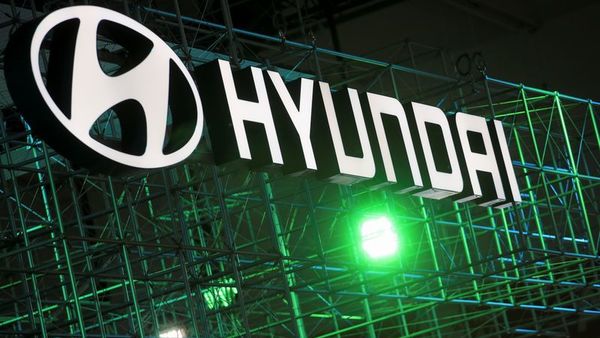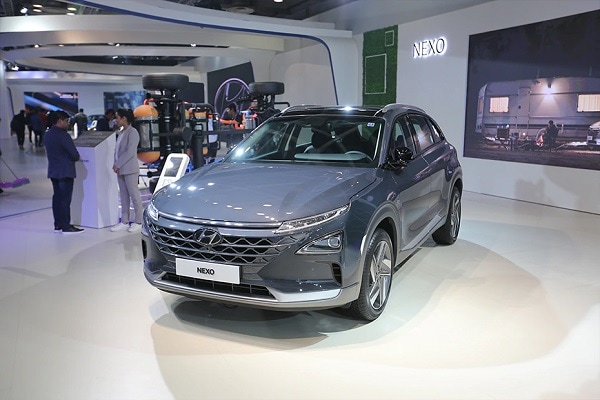Hyundai wants to develop its own chips to reduce dependence on chipmakers


Hyundai Motor wants to develop its own semiconductor chips to reduce its dependence on chipmakers, the company's chief operating officer said, Reuters reported. The ongoing global shortage of semiconductor chips forced the carmaker to temporarily suspended some factories.
The chip crisis around the world, triggered partly by rising demand for laptops and other electronic products during the pandemic, has lead to shutting down of some auto production lines globally this year. Analysts have also predicted the problem to carry onto to the next year.
Also check these Vehicles
Hyundai, however, says that the worst might be over for it. The company's global COO Jose Munoz said that the company had the "toughest months" in August and September. "The (chip) industry is reacting very, very fast," he said said, adding that Intel is investing a lot of money to expand its capacity.
Also Read : Fold your wheel: Hyundai's future vehicles may feature foldable steering wheel
He went to say that even though the worst seems to be over, Hyundai wants to be able to develop its own chips within the group. "So (that) we are a little bit less dependent in a potential situation like this," Munoz said. "This takes a lot of investment and time, but this is something we're working on." Hyundai's parts affiliate Hyundai Mobis would play a key role in the in-house semiconductor development plan.
The automaker aims to deliver vehicles at the same level of its original business plan in the fourth quarter, as well as offset some of its production losses next year. However, Hyundai was among carmakers such as Toyota and Tesla, who managed to increase their global sales despite the chip shortage. Hyundai also decided not to cut orders during the pandemic, after it witnessed Asian markets recovering more strongly than expected.
Also Read : 2022 Hyundai Sonata N Line Night Edition is a dark demon on prowl
Further, Munoz said that the company is on track to produce electric cars in the US in 2022, and is looking into both enhancing its existing factory in Alabama and increasing its production capacity.
(with inputs from Reuters)








 1197 cc
1197 cc Petrol
Petrol















